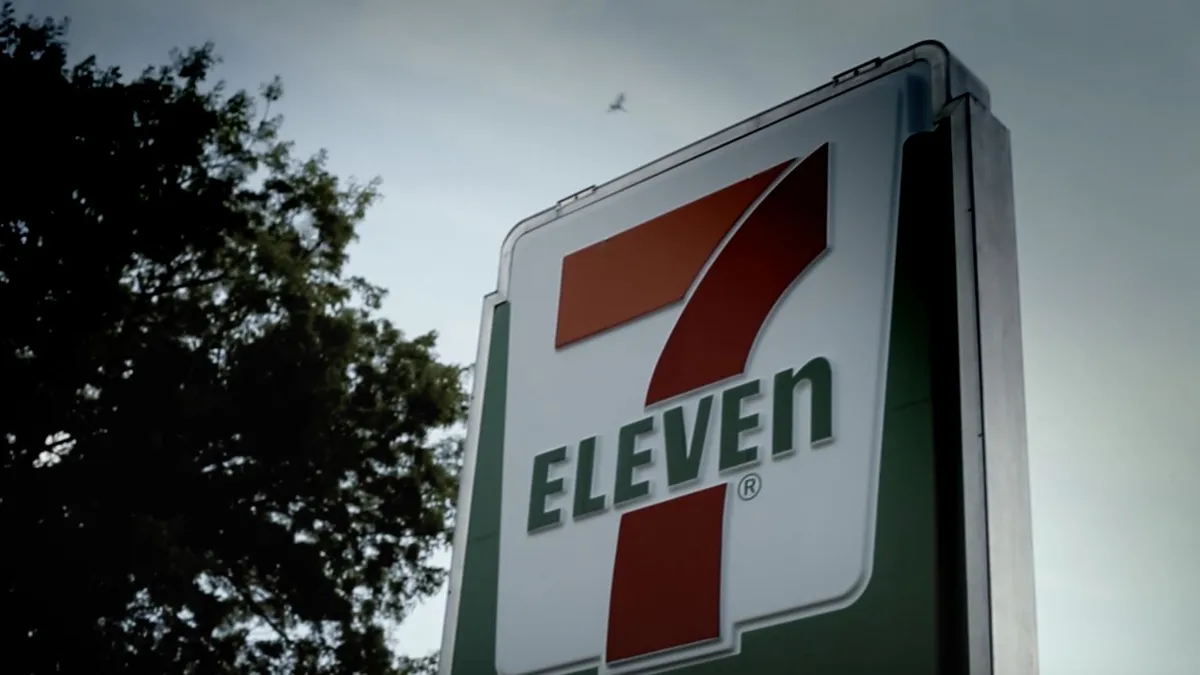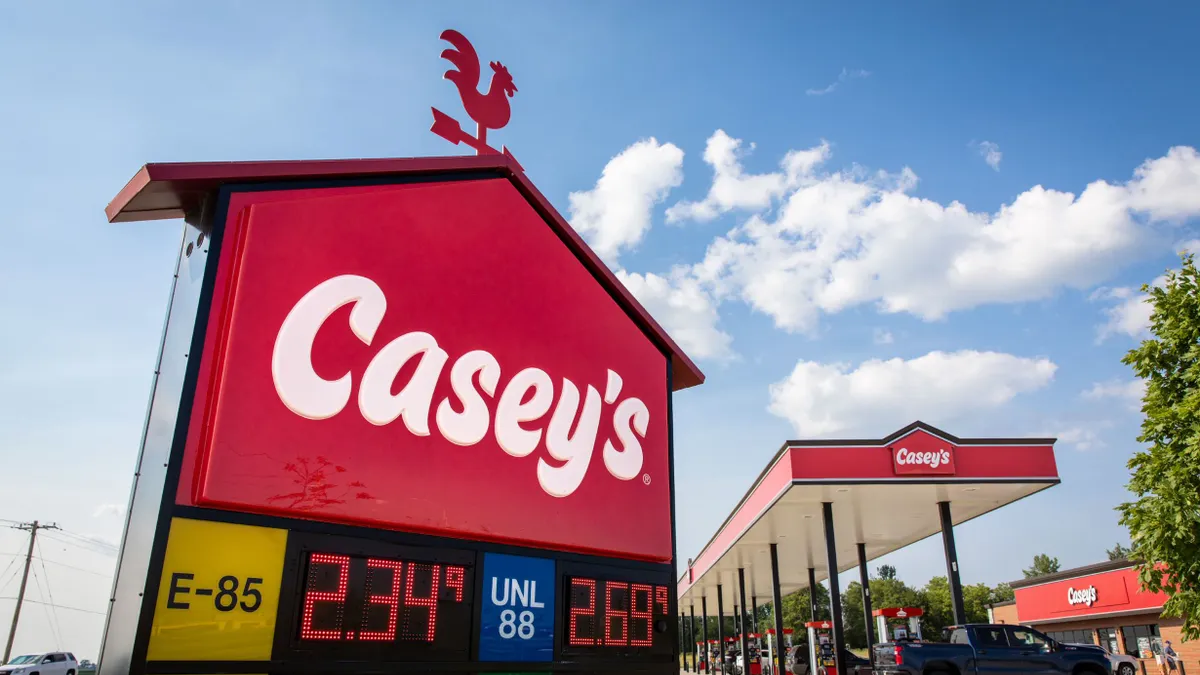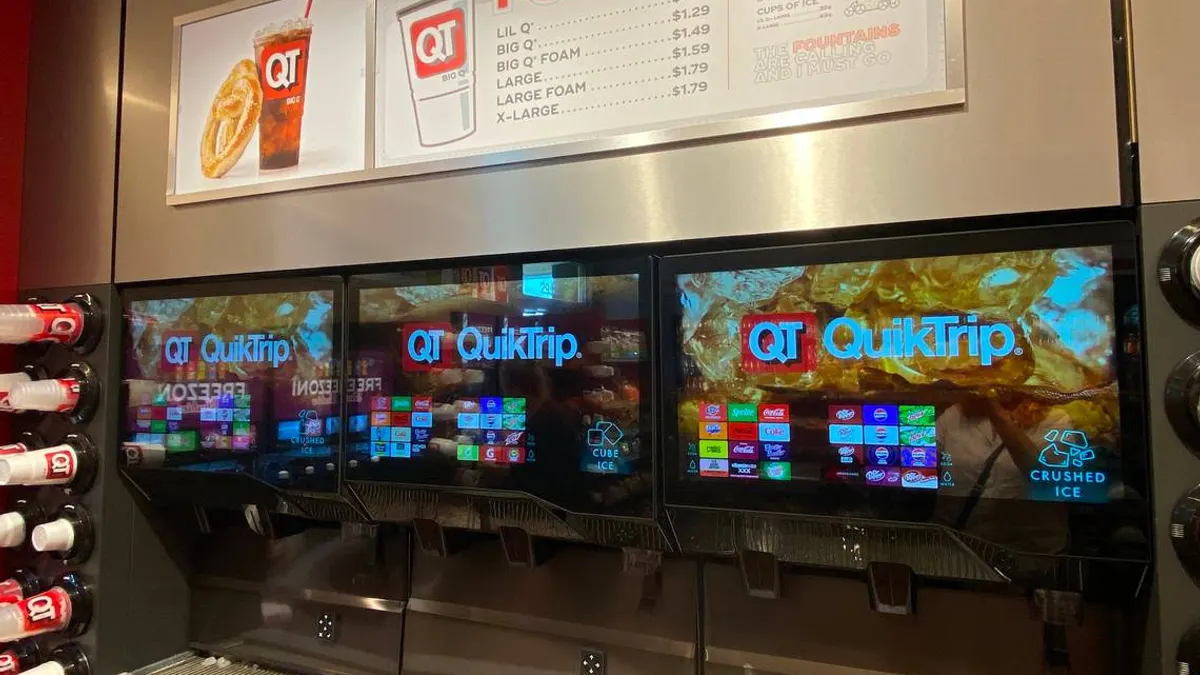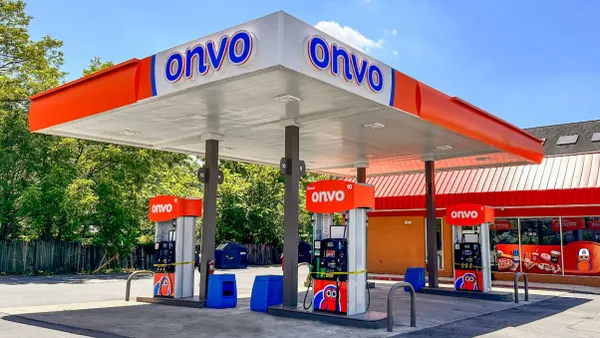Dive Brief:
- After years of discussions, the Massachusetts Supreme Judicial Court (SJC) has ruled that 7-Eleven franchisees are not considered company employees under state wage law.
- In a ruling made on Sept. 5, the SJC emphasized that although the franchisees operate 7-Eleven c-stores, they don’t provide any services for the company, since they’re running the locations of their own accord. Thus, the franchisees don’t meet the threshold to be classified as independent contractors under Massachusetts law.
- The ruling marks a likely end to the case, which has been ongoing since 2017. At the time, five Massachusetts franchisees filed a class action lawsuit claiming they should be considered 7-Eleven's employees under state law.
Dive Insight:
In the court’s ruling, Massachusetts Justice Dalila Wendlandt wrote that 7-Eleven’s franchisees operate businesses independent from 7-Eleven and pay the c-store retailer for the use of its branding and institutional knowledge. Those circumstances, she wrote, do not indicate that the franchisees are employees of 7-Eleven.
“The circumstances here indicate that the franchisees operate independent stores not for 7-Eleven but rather for themselves,” Wendlandt wrote.
Wendlandt wrote that if the franchisees were to be “performing any service” to 7-Eleven, they would be considered employees. However, the court rejected the argument that franchisees meet that criteria, which she called unreasonable” in the ruling.
The ruling could have far-reaching implications not just for 7-Eleven franchisees, but for franchise law in general, according to labor and employment law firm Ogletree Deakins. The firm wrote on Sept. 12 that the ruling “provides crucial clarification on the status of franchisees in the commonwealth” that “will guide both other franchisees in understanding their rights and franchisors in structuring their business relationships.”
“This decision not only sets a legal precedent that may shape future cases involving franchise relationships in Massachusetts, but it also has the potential to influence courts in other jurisdictions,” the firm said.
The case draws attention to the various challenges 7-Eleven and its franchisees have faced over the years, highlighted by several other lawsuits. Most recently, the convenience retailer prevailed in a lawsuit against two former franchisees in California after the retailer cut ties with them over accusations of fraudulent c-store transactions.











